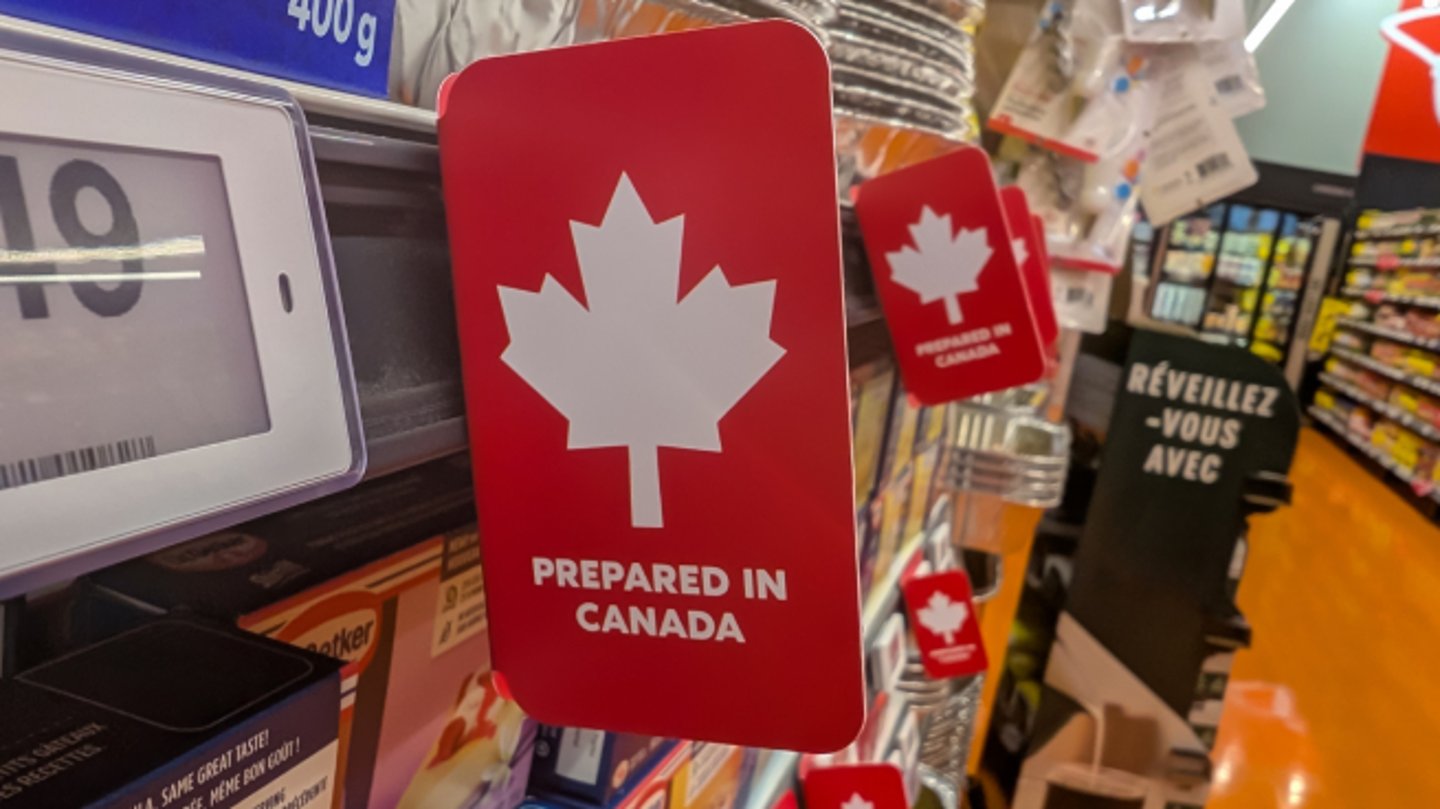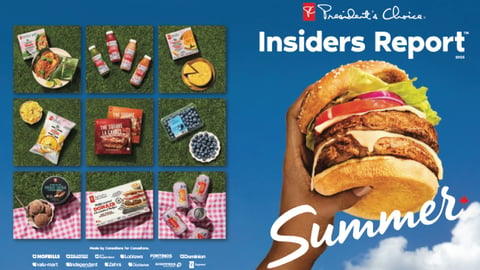Tariff reprieve, stable Canadian dollar helping to slow food inflation: Loblaw
Food inflation remains high, but Loblaw Companies Ltd. said the outlook is improving.
The food and pharmacy retailer’s May Inflation Report noted that Ottawa’s six-month reprieve on some tariffs, combined with a stronger Canadian dollar, will help to prevent a prolonged spike in grocery prices.
Announced last month, the pause applies to certain U.S. imports used in Canadian good manufacturing and packaging.
Loblaw said “indirect tariffs” were a significant concern, given the widespread use of imported ingredients like chocolate chips or peanuts in Canadian-made products.
“With this change, only final products imported from the U.S. are now subject to tariffs, providing relief on a significant number of products on shelf,” the report said.
But the grocer is still warning consumers that tariffs remain on thousands of products imported from America like produce, rice, pasta, dairy and coffee, as well as health and wellness products like soap, shampoo and cosmetics.
“In a conventional grocery store, there can be upwards of 80,000 items, and consumers can expect tariff-related increases on approximately 6,000, about half of which are food,” the report said, echoing comments made by Loblaw CEO Per Bank earlier this month.
“In general, most food categories with tariffs also have non-U.S. alternatives. In order to minimize the impact of these tariffs, grocers are sourcing from new countries and are helping customers make more informed choices through labelling. In addition, manufacturers are looking for ways to keep prices down for customers, including by shifting supply chains to by-pass the U.S.”
Last week, Statistics Canada reported that grocery price increases outpaced overall inflation for the third straight month in April, up 3.8% on a year-over-year basis.
Loblaw said the increase was due to the weaker Canadian dollar over the winter months, which challenged purchasing power, and shelf prices reflecting the initial impact of counter-tariffs.
As for commodities, the company said improvements in April were largely thanks to the strengthening Canadian dollar, as well as downward pressure on key products like sugar and olive oil.
Meat prices remain on the rise, led by fresh and frozen beef, which are up more than 16% year-over-year due to lower supply.
Cocoa costs and further on-shelf prices continue to increase, lapping a significant increase last year, the report said. Coffee has plateaued after months of volatility.
The country's eggs have not seen the same spike as in the U.S., however stateside pricing impacts manufacturing and liquid egg prices in Canada.




